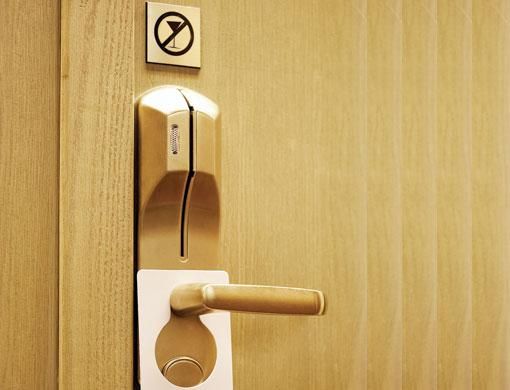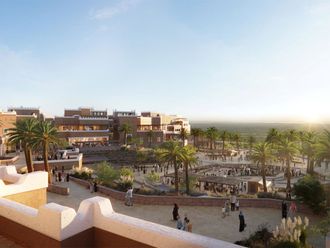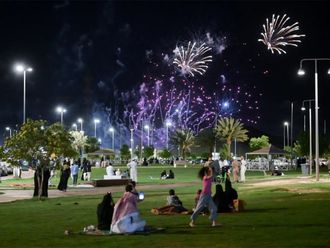Dubai: As Dubai's popularity among tourists and business people increases, there is a growing demand for Islamic, or Sharia-compliant, hotels that apply a no-alcohol policy and tailor their services to suit Muslim culture.
Some hotel chains follow a detailed set of Islamic rules for operating hotels, while others just adhere to Islam's ban on alcohol owing to local regulations or investor preference.
The first major dry hotel in Dubai was the Taj Palace Hotel, which is managed by leading Indian hotel chain Taj and opened nearly a decade ago. Since then, many local chains have emerged with exclusively Islamic-branded hotels.
Among the top names are Shaza Hotels, Tamani Hotels and Resorts, Hospitality Management Holdings (HMH), Flora Hotels, and Al Mmulla Hospitality. Shaza, Tamani and Al Mulla are planning dozens of Sharia-compliant hotels.
Seeing a market in this segment, Abu Dhabi-based Rotana has added a Sharia-compliant brand Reyhaan to its portfolio.
Several reasons underlie this trend. One reason, according to Michael Noblet, managing director of HMH, is that they are becoming fashionable.
Trend
"There is a trend for Islamic hotels at the moment. At the end of the day, customers are more attracted to a product that matches their needs."
The Muslim traveller market currently represents 10 per cent of the world tourism market, according to industry experts.
Nisha Khan, assistant sales manager at Flora, says that people are interested in trying out a hotel that does not serve alcohol. "Initially, there was reluctance, especially with travel agencies. But now the demand has increased and the response has been immense."
Khulood Abdullah Al Rostamani, chairperson of Tamani Hotels and Resorts, points out that while Islamic hotels offer the same quality of service as international brands, they also offer an added value that attracts a niche market. "With an Islamic hotel, we have attracted religious and family-oriented visitors," she says.
Even beyond Muslim guests, the hotels are enjoying a wider clientele, which includes business-oriented visitors to Dubai. "A lot of foreign bankers who opt for Islamic financing also choose Islamic hotels, as part of similar philosophy," says Al Rostamani.
Noblet believes that the presence of alcohol is not something a hotel depends on.
"People don't choose a hotel because it serves alcohol. They prefer one because of its comfort, quality and security."
He says that if a hotel fulfils those requirements, it will do well even without alcohol.
"Business women especially feel more comfortable when there are no intoxicated people loitering in the hotel lobby or corridors," he says.
However, Omar Kaddouri, area vice-president, Dubai and Northern Emirates, Rotana Hotels, believes Islamic hotels are more for visitors from the region. He says Islamic brands will become more prominent in countries like Saudi Arabia as well as other Gulf countries.
Countries like Malaysia, Indonesia, Pakistan or India are potential markets for the future, according to Kaddouri.
To offer an Islamic brand means forgoing certain types of clientele. "There are pros and cons," says Khan of Flora. But the weights seem to balance out for the company. "We tend to miss out on a lot of business for being an Islamic hotel but we also gain a lot for being exactly that," she adds.
However, the rise of Sharia-compliant hotels seems to benefit the hospitality industry as a whole.
Julius Robinson, a vice-president of sales at Marriott, thinks that it is beneficial for the industry to have Islamic brands come into the market.
"It is exciting that brands that have a stronghold here are able to go on to Africa and other parts of the region to develop because it speaks of what has happened here in the Middle East over the past years," Robinson says.













